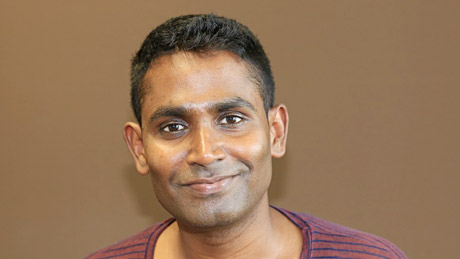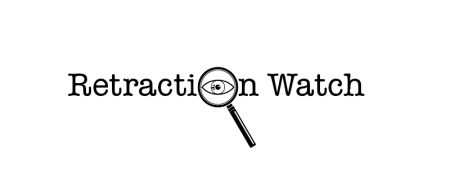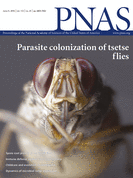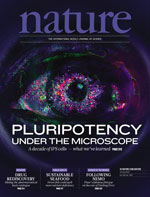
Ever wish you could just publish an exciting result, without having to wait for the entire string of data that follows in order to tell an entire story, which then gets held up for months by peer review at traditional journals? So do a lot of other researchers, who are working on ways to sidestep those barriers. One new project: ScienceMatters, a publishing platform where scientists can submit single, robust results for relatively quick peer review. We spoke with co-founders Lawrence Rajendran and Mirko Bischofberger about how this new next-generation journal platform works, and why it’s important.
Retraction Watch: You accept “only single observations, properly conducted and robustly validated.” Why did you want to restrict your publications to something so specific, and relatively narrow? Continue reading Publishing needs more science, fewer stories: Q&A with founders of ScienceMatters


 We’re so inundated with story ideas and projects, we need some extra help! Specifically, we’re looking for a part-time editor who can be available during specific hours when we need an extra pair of hands.
We’re so inundated with story ideas and projects, we need some extra help! Specifically, we’re looking for a part-time editor who can be available during specific hours when we need an extra pair of hands.



 There’s
There’s 
